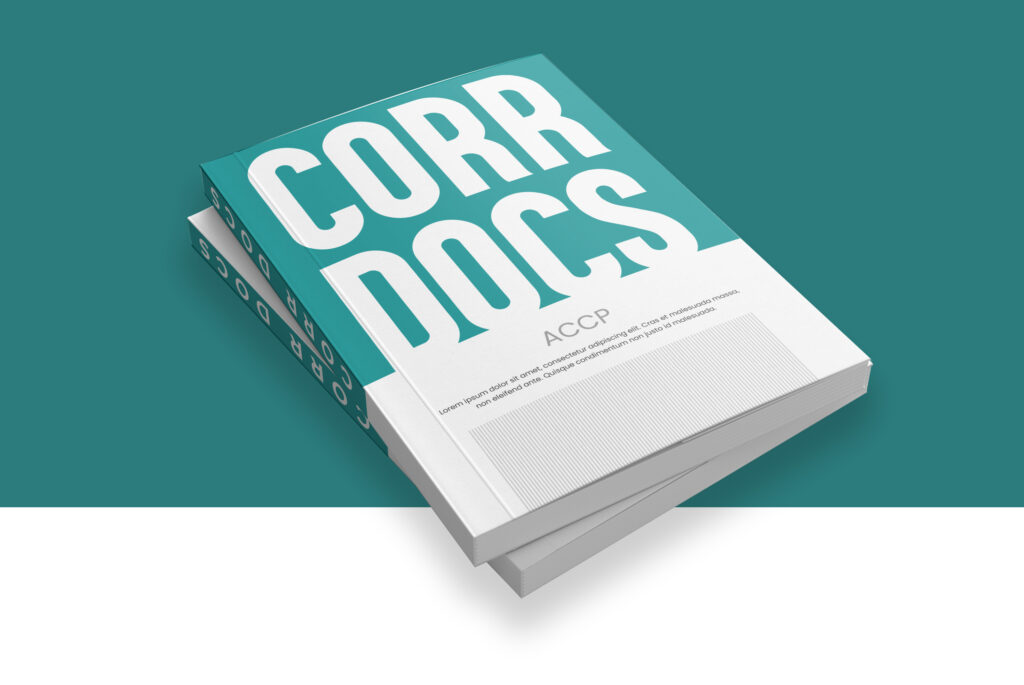PERSONALITY DISORDERS: WORKING WITH CHALLENGING INDIVIDUALS
Personality refers to the enduring characteristics and behaviors that comprise a person’s distinctive adjustment to life. Personality includes major traits, interests, drives, values, self-concept, abilities, and emotional patterns.In 2013, the DSM-5 presented us with an alternative means to understand personality and personality dysfunction. It discussed impaired personality traits as falling along continua rather than being
categorically distinct disorders. This new model allowed us to broaden our understanding of how personality works as well as how certain personality traits can be impaired and manifested in our patients.
DSM-5 divided personality characteristics into two broad domains: self and interpersonal functioning. Self includes two traits: identity and self-direction. Identity has to do with one’s ability to be aware that they are unique, different, and separate from other people; one’s level and consistency of self-esteem; an ability to engage in self-appraisal; and ability to tolerate and experience a full range of emotions, as well as to regulate those emotions.


